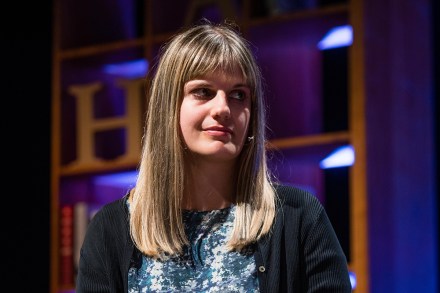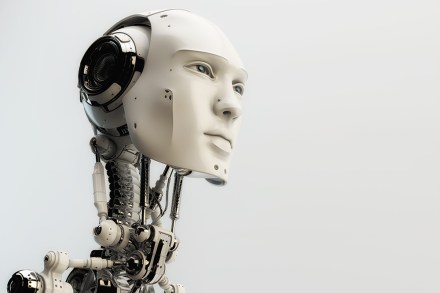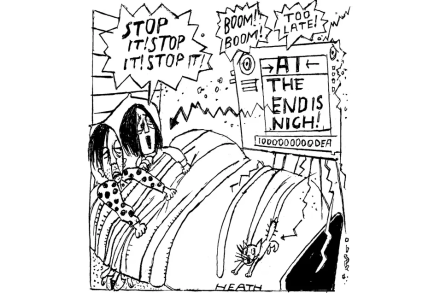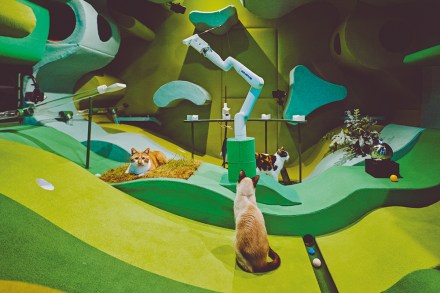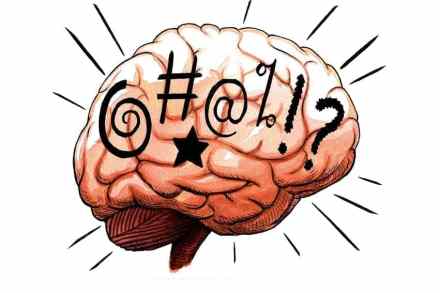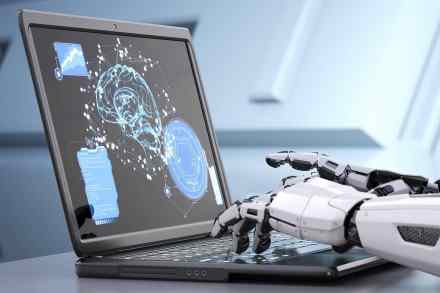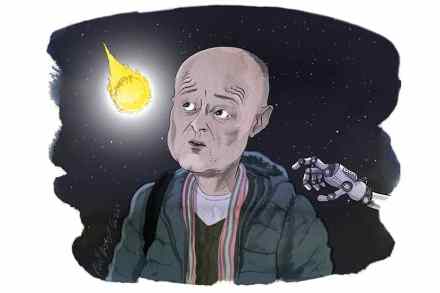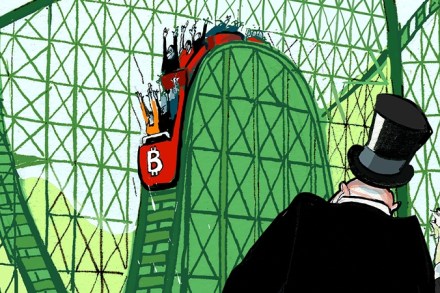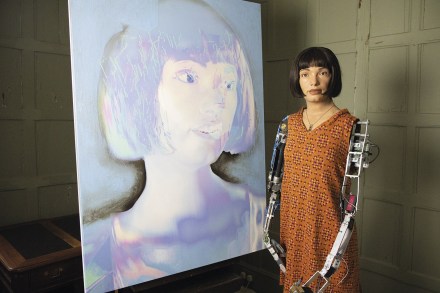In the grip of apocalypse angst
You have to love a book about the end of the world in which the first two references are to Saul Bellow’s Herzog and the HBO series The White Lotus, a high/low combo that preps us for authorial omniscience. In the next few paragraphs we get Marc Maron, Sally Rooney and Frank Kermode. Buckle up, kids, a cultural whirlwind is coming! The day of judgment is at hand, and the all-knowing Dorian Lynskey, who seems to have doomscrolled through every card catalogue on the planet, is just the person to provide live commentary. A capacious cultural history of ‘apocalyptic angst’, his Everything Must Go will make you happy to be



